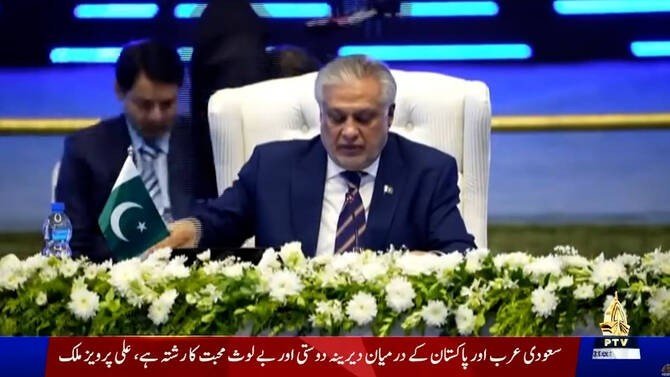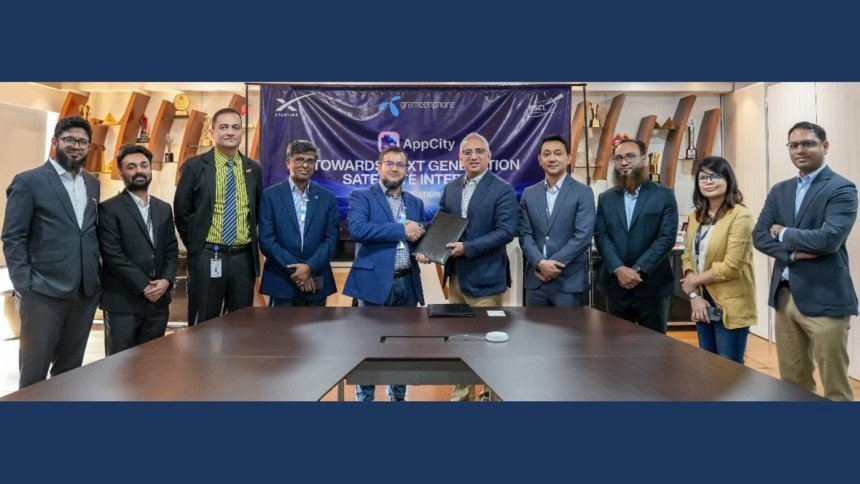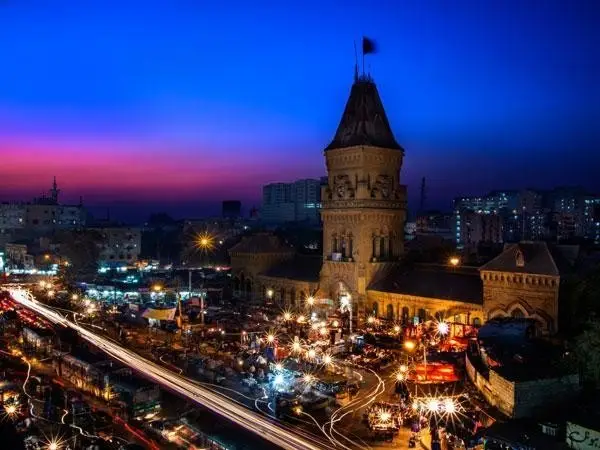Pakistan’s Deputy Prime Minister Ishaq Dar has emphasized that regional connectivity is essential—not optional—for shared prosperity, describing Pakistan as a natural trade and transport hub linking South Asia, Central Asia, China, and the Middle East.
Speaking at the Regional Transport Ministers’ Conference in Islamabad, Dar said the global economy was undergoing a transformation marked by new trade routes, digital integration, and sustainable development goals. In this context, he asserted that cooperative infrastructure and energy linkages were crucial for driving growth and stability across the region.
Turning Geography into Opportunity
Dar underscored Pakistan’s vision to build seamless linkages through road, rail, air, maritime, energy, and digital corridors, transforming its strategic geography into an economic opportunity. He cited the China–Pakistan Economic Corridor (CPEC) as a prime example of “win-win cooperation” that has already catalyzed transport and energy projects across South and Central Asia.
Other major initiatives include the Uzbekistan–Afghanistan–Pakistan Railway, the Istanbul–Tehran–Islamabad corridor, and the CASA-1000 and TAP-500 electricity projects — all of which aim to connect Central Asian energy markets with Pakistan and beyond.
Digital and Trade Integration
Dar highlighted Pakistan’s commitment to modern trade facilitation through digital platforms and e-port integration, enabling seamless, paperless, and efficient trade flows. These steps, he said, are intended to boost transparency, competitiveness, and future readiness as part of Islamabad’s offer to provide landlocked Central Asian states access to southern seaports for global trade.
A Future Without Barriers
Calling for deeper cooperation, Dar envisioned “a future where goods, energy, data, and people move without hindrance across borders—where our economies complement each other and where connectivity drives inclusive growth.”
He reaffirmed Pakistan’s readiness to coordinate regional transport plans, mobilize joint investments, and strengthen regional value chains, urging all participating nations to collaborate toward a shared, prosperous, and interconnected future.















